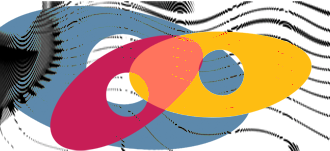Rytter, Mikkel, Abir M. Ismail and Sara Lei Sparre (2021). Food as care and friction in late life: marginalization of Muslim immigrant families in the Danish Welfare state. Food, Culture and Society. Online first.
ABSTRACT Food is a central aspect of care in late life. This article focuses on the growing number of elderly Muslim immigrants in Denmark who on the basis of Service Act §94 can have a family member employed by the municipality as their “self-appointed helper.” The task is often given to a spouse, daughter or daughter-in-law, whose task is then to provide the care services for which the elderly person has been referred. Usually this would be undertaken by professional care workers, but instead a close family member is employed to fulfil the tasks. Food and meals is an area of conflicts between the elderly citizens, their self-appointed helpers and the municipality, since they often have different approaches to and understandings of the aim, function and meanings of food and meals. It is the ambition of the so-called universal Scandinavian welfare state to treat all citizens equal. However, the ambition and efforts of municipal care managers (visitatorer) to create the same conditions and equal opportunities for all elderly citizens, paradoxically result in elderly Muslims immigrants (and their families), being further marginalized in Danish society.

